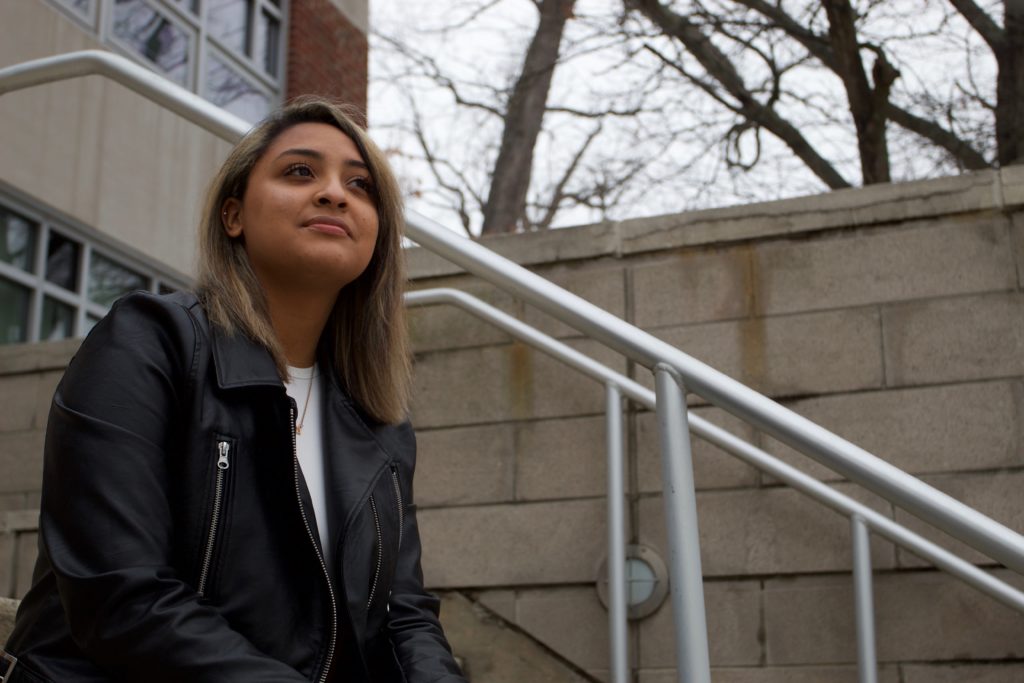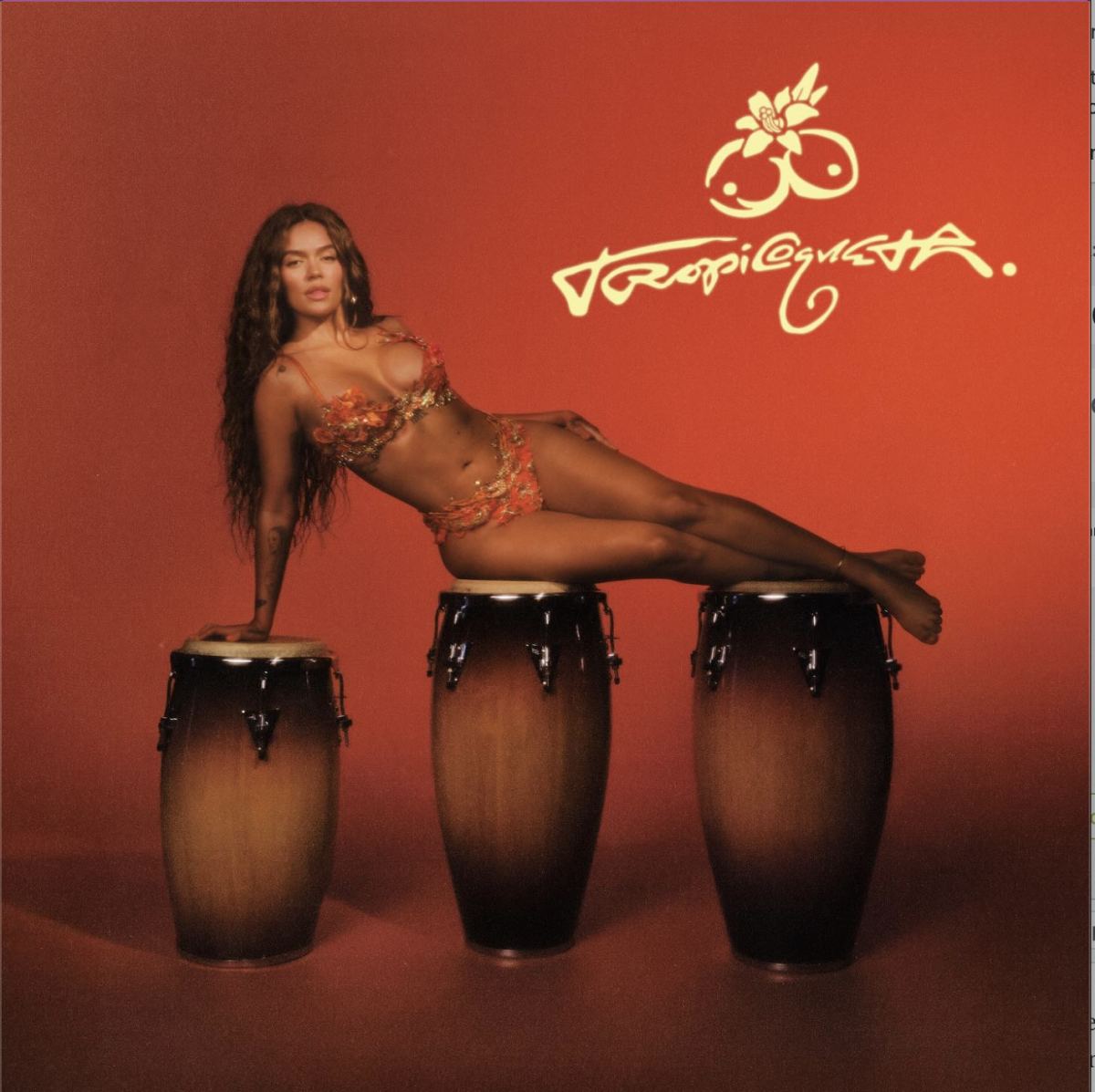Every February, the collective communities of the United States join together for a month of acknowledging, appreciating and commemorating Black culture and history. Black History Month, which originated in 1926, has become an integral part of American, and global, discourse over the years.
To student organizations like the Black Cultural League (BCL) and the Women of Color Alliance (WOCA), who have dedicated so much of their time toward promoting and advocating for racial equity and justice, Black History Month is more than just a month for celebrating Black history. Black History Month is our annual reminder that Black history is important every day of the year, and it challenges us to carry that lesson with us, beyond the confines of this one month.

Eliya Bravo is a junior majoring in athletic training. Outside of school, she enjoys playing and watching sports, fashion and thrifting. Bravo is also the president and founder of the Rowan WOCA. One day, she hopes to be one of the few women of color working as athletic trainers for the NFL.
To her, Black History Month is “a time when not only Black people can appreciate the culture, but everyone else as well.” Bravo also stresses the importance of understanding and rectifying the under-representation of Black history in school and college curriculums.
“The only reason for ignorance when it comes to Black history is because schools didn’t treat it as a necessary curriculum; they treated it like a choice,” she said.
Aaliyah Wiggins is a law and justice major at Rowan, and serves as president for the BCL. Her hobbies include working out and learning how to sew. To Wiggins, Black History Month is about “learning the past so doors to the future can open.”
She wants all her peers at Rowan to know that it’s okay to ask questions.
“I think, in today’s world, everyone is so scared to be ignorant and come off as insensitive that that’s exactly what happens. Everyone should ask questions; everyone should care and be educated,” Wiggins said.
Naseer Jefferson studies accounting at Rowan and is also involved with the BCL, currently serving as treasurer. In his downtime, he enjoys listening to music.
To Jefferson, Black History Month is “a memorial of all the Black people who have lost their lives…contributing to the progression of Black people throughout history, a celebration of the Black innovators and artists of the world who have impacted the world greatly and a time of pride for being Black.” Jefferson hopes to let more people know that “it is a perfect time to learn about Black history, if they have not done so already.”
BCL Historian Malcolm Council is majoring in computer science. He has a passion for coding and other computer science topics. His hobbies include exercising and playing the trombone and piano.
“Our history is very watered down, sugar-coated and even hidden from us, to the point where we don’t know anything about our history,” Council said. “So, it’s good to have a month where we can highlight that.”
Council also hopes that people can understand that “Black history is American history.”
“After all,” he said, “this country would be miles behind if not for Black contributions.”
Jocelyn Reuben works as the senator for the BCL. Majoring in athletic training and minoring in Spanish, she also loves to write and make others laugh.
“Black History Month is the shortest and most beautiful time of the year,” Reuben said. Black History Month, she explained, is “a period where Black people are truly celebrated and supported, but it’s also a great time for reflection on the past and focusing on education for the future.”
Even so, Reuben hopes more people will understand that “Black History Month is more than 28-29 days of the year….Every day is an opportunity to learn more about Black people and our culture, to support us and showcase our contributions to the world.”
In addition to her position as vice president for the BCL, Kayla Tucker studies public relations at Rowan University. She loves being able to learn more, and help teach others, about the important aspects of Black culture and history that our education systems have missed.
“Black History Month gives us the opportunity to rewrite and reclaim the narrative that has been written for us,” she said. Tucker also emphasized the importance in making sure that the sacrifices of those that came before us are recognized.
Across all these students’ voices, one message rang out consistently and urgently: every month is Black History Month. Just because February will eventually come to a close, doesn’t mean Black history should be put back on the sidelines of national discourse. Let every day be for Black history, Black culture and Black stories.
For comments/questions about this story, email [email protected] or tweet @TheWhitOnline.


























































































































































!["Working with [Dr. Lynch] is always a learning experience for me. She is a treasure,” said Thomas. - Staff Writer / Kacie Scibilia](https://thewhitonline.com/wp-content/uploads/2025/04/choir-1-1200x694.jpg)









































